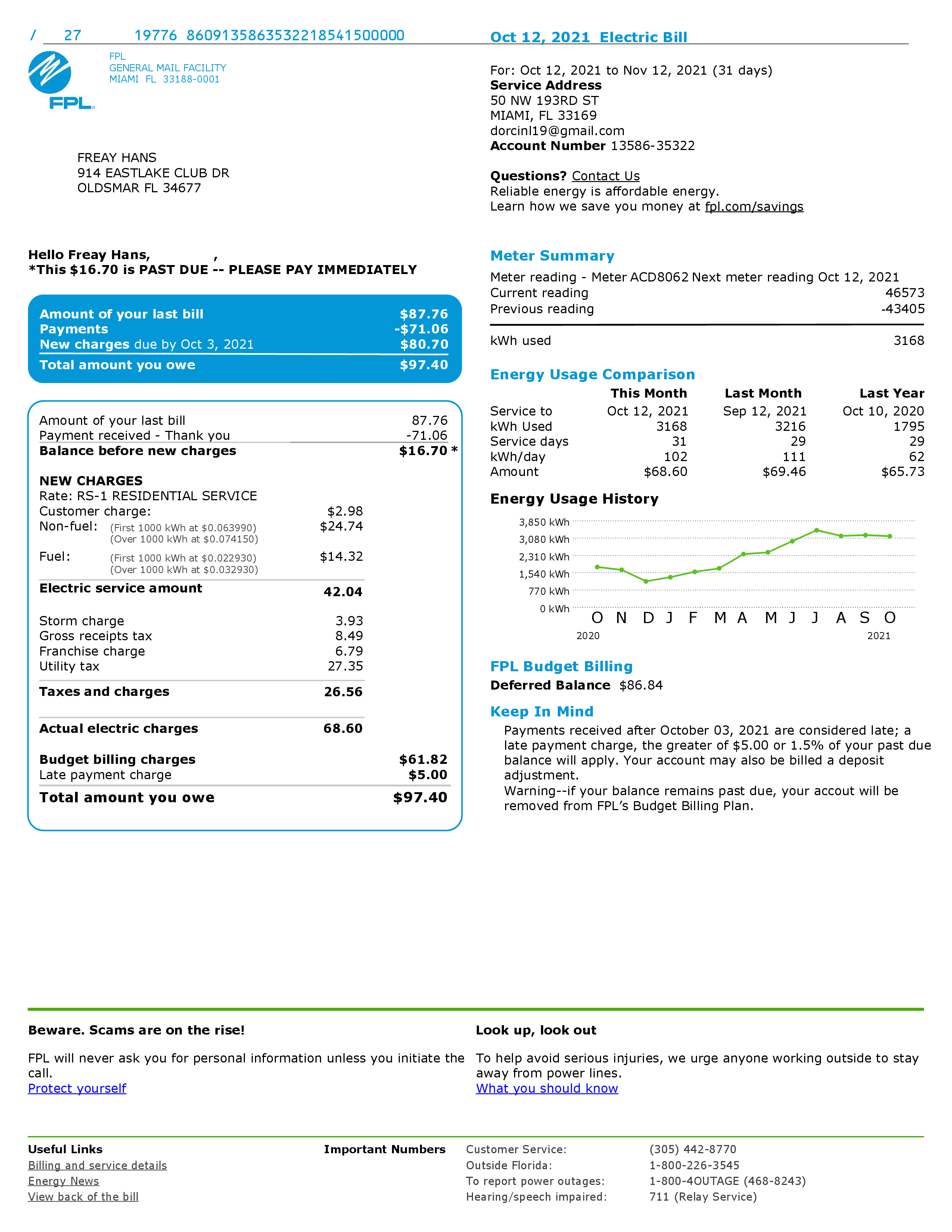Power Bill Invoice Template
A power company typically generates, transmits, and distributes electrical power to homes, businesses, and other organizations. They may use various methods to generate power, such as hydroelectric, nuclear, natural gas, or renewable sources like wind or solar. The power company may also be responsible for maintaining the power grid and ensuring that electricity is delivered reliably to customers.
The costs that a power company can implement to users may vary depending on the location and the type of service being provided. Some common costs that may be associated with using electricity include a base service fee, a charge for the amount of electricity used (measured in kilowatt-hours), and any applicable taxes or fees. Some power companies may also offer pricing plans that vary based on the time of day or season to encourage more efficient use of electricity.
Typical items that a power company may charge for include the cost of generating and transmitting electricity, maintenance and upkeep of the power grid, and any costs associated with providing customer service and billing. The power company may also charge fees for late payments, disconnection or reconnection of service, or for any special services requested by the customer. It is important to carefully review any contracts or agreements with a power company to understand all potential costs and fees associated with using their services.
